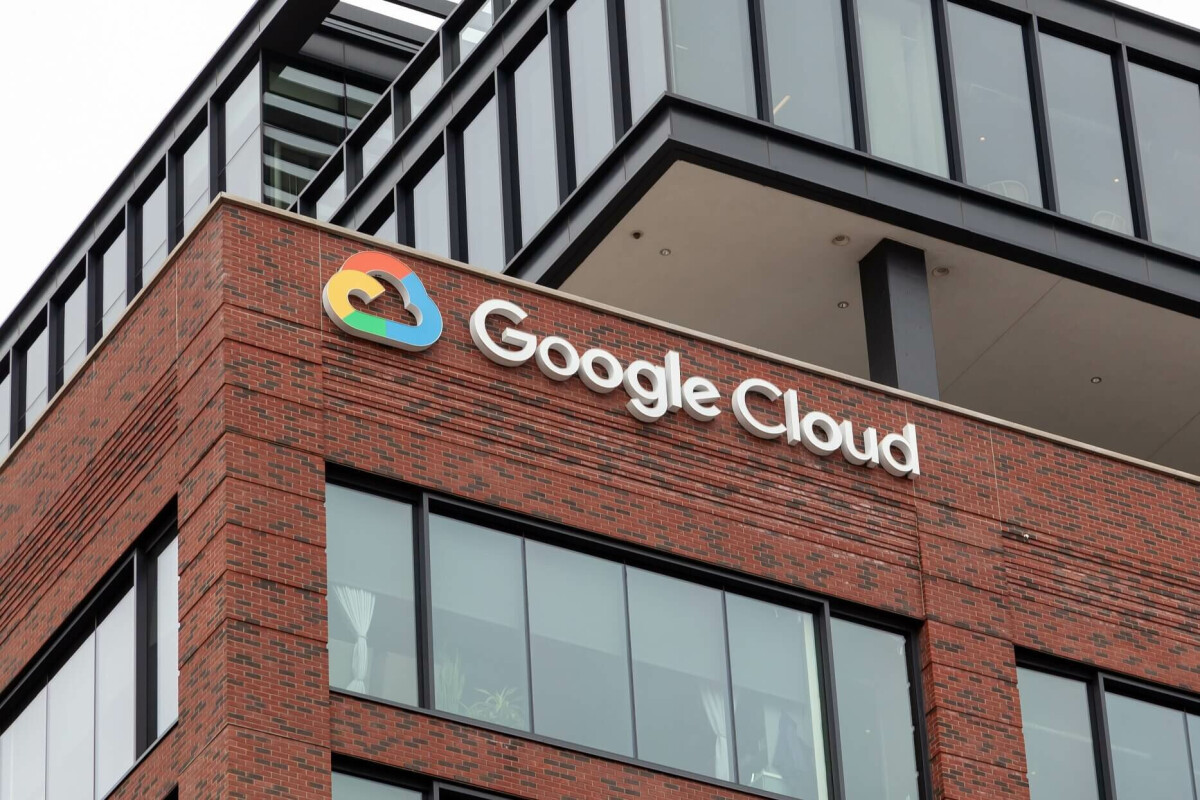
Google Cloud has expanded its ‘BigQuery’ program to include 11 additional blockchains, aiming to provide easy access to blockchain data. In an official statement, the company named the 11 new networks: Avalanche, Near, Fantom, Optimism, Polygon, Polygon Mumbai Testnet, Tron, Cronos, Arbitrum, and Ethereum Görli testnet.
The cloud service provider acknowledges that developers need access to a wide range of public datasets as they query more chains. James Tromas, the head of web3, and Alberto Martin, the director of web3 Product Management Head, explained that developers and users want accurate answers to questions such as “How many NFTs were minted today across three specific chains?”, “How do transaction fees compare across chains?”, and “How many active wallets are on the top EVM chains?”.
The goal is to expand the pool of blockchain information on BigQuery, enabling users to query on-chain transaction history off-chain. This will help users understand asset flows from wallets and user interaction with smart contracts. Additionally, the company has enhanced its existing blockchain dataset by integrating Satoshis (sats) and Ordinals for developers.
Google Cloud first started offering blockchain datasets in 2018, beginning with the Bitcoin (BTC) Network and later incorporating Ethereum’s data. The platform now supports 21 blockchains, including Dogecoin, Bitcoin Cash, Litecoin, Ethereum Classic, and more. BigQuery, an online data warehouse, allows users to query stored data for specific information.
Recently, Google Cloud has reaffirmed its commitment to blockchain by partnering with lighting infrastructure firm Voltage and Orderly Network to provide off-chain tools for decentralized applications. The company has also introduced UDF for smarter UNIT256 integration and BIGNUMERIC support, which increases the number of decimals users can access in blockchain data, reducing the risk of computation errors.
Moreover, Google Cloud has transformed the traditional model of accessing data by eliminating the need for nodes and indexers. Users can now query blockchain data in the same way they access their own data, allowing for a comprehensive understanding of users and their business by combining chain data with application data.
By expanding its blockchain offerings and continuously improving data access and computation capabilities, Google Cloud is positioning itself as a leading provider of blockchain services. With easy access to a wide range of public datasets, developers and users can derive valuable insights from the blockchain landscape.






